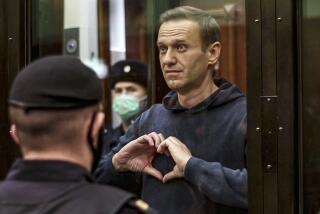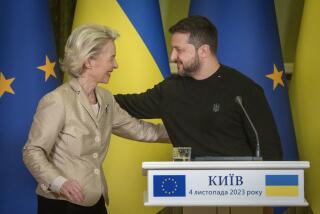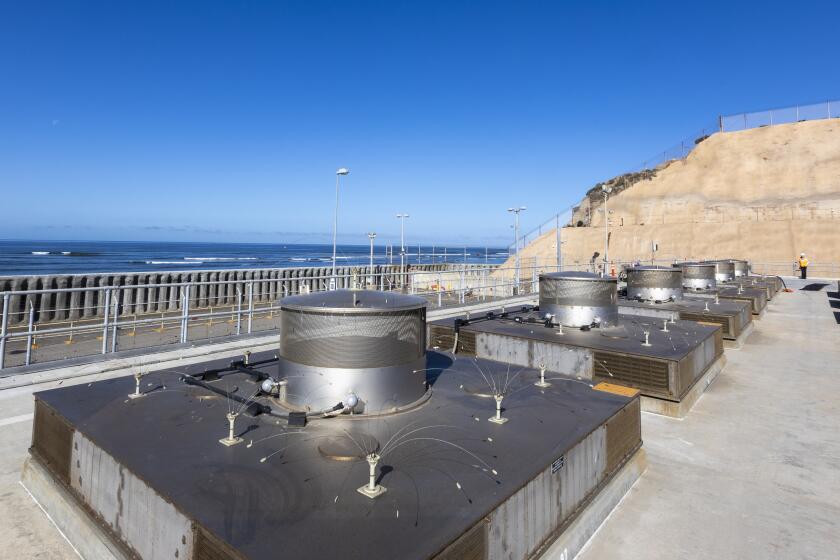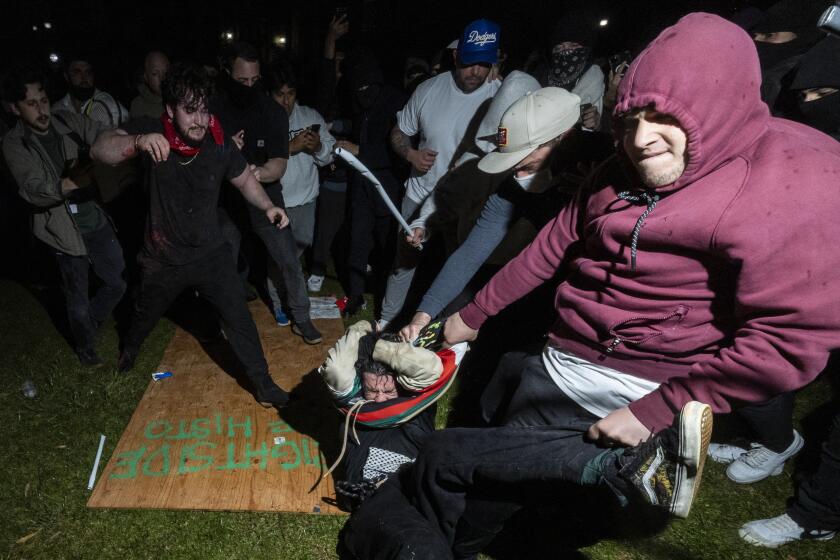One Yalta was enough
One of the low points of the 20th Centurya century which had manycame at Yalta. At a conference at that Crimean port in 1945, Britain and the U.S. essentially acquiesced to a Soviet sphere of influence that included the entire eastern half of Europe. Our Ambassador to Poland at the time, Arthur Bliss Lane, called Yalta a “tragic betrayal.” On that side of the Continent, freedom was crushed for one and half generations. Liberation did not extend to the millions behind an Iron Curtain that extended from Stettin on the Baltic to Trieste on the Adriatic.
By contrast, one of the happiest moments of the last century came near its end, when the free peoples of Europe and the United States erased the line that Stalin drew in favor of a Europe whole, free and at peace. Central and Eastern Europeans had fought for and found their way to freedom. To our credit, the United States and Europe helped. And this liberation, we pledged, would be complete, not sacrificed. We promised Europe’s new democracies that as free men and women they could now decide their own fate; that no longer would decisions be made behind their backs; that what they built in freedom they would keep. We pledged to them that as free men and women they would be able to join any multilateral group whose requirements they fulfilled. So when they asked to join the European Union and the North Atlantic Treaty Organization, and were able to demonstrate their ability to shoulder the responsibilities of membership, they were allowed in.
With this as our history, you can imagine my surprise at recent editorials and op-eds (even in this newspaper) decrying the decision to allow the people of Central and Eastern Europe to exercise the same freedoms Western Europe has enjoyed since the 1940s. In an editorial on Tuesday, this paper sided with Russian President Putin, who argued, in effect, that Russia deserved to get back a sphere of influence over free countries in Central and Eastern Europe that had been trapped inside the Soviet empire for decades. The editorial concluded, “The only surprise about his angry speech is that it took him this long to deliver it.”
This view is baffling. Baffling not only because some would blithely deny others the freedoms we take for granted, but also because of the moral obtuseness it implies: that, for example, having suffered Nazi and Soviet occupation, having through Solidarity helped end the Cold War, Poland should now be confined to a political and security gray zone to compensate Russia for its “losses”
I had thought that the evident success of NATO enlargement had dispelled any doubts that had been raised at the time. But I relish the opportunity to revisit the argument. Indeed, I take immense pleasure in affirming that there was no Yalta moment during the break up of the Soviet Union, nor at any time since. All American Administrations since including those of Presidents George HW Bush, Bill Clinton and George W. Bush--have made clear that the United States would not perpetuate the division of Europe but would seek to end it, and in that process also reach out to Russia. Great pains have been taken since to show the Kremlin that the strengthening of security and democracy to its West was good for Russia, and no threat at all. Three American Administrations also built NATO’s increasing cooperation with Russia, including establishment of the NATO-Russia Council in 2002.
Admission into the EU and NATO made Europe, for the first time in its history, almost entirely whole, free and at peace. NATO and EU enlargement were critical factors in the consolidation of democracy and market reforms in this vast region, where these reforms once were vulnerable. And the nations of Central and Eastern Europe have proven themselves staunch allies, standing with us in the toughest missions in Afghanistan and Iraq.
The United States, and our Allies old and new, European and beyond are working together to build a world where our shared values of freedom, human rights, democracy, rule of law, justice, and economic opportunity are protected. As a democratic community, we face real threats terrorism, WMD proliferation, failed states, and more. And these are also threats to Russia. We therefore remain hopeful that Russia will work together with us in tackling the real challenges of the 21st century. As Secretary of Defense Gates said after Putin’s speech, “One Cold War is enough.”
There is nothing in our vision for a better, safer world that is damaging to Russia in any way. Indeed, strong, secure market democracies make very good neighbors whether for Europe or Russia. We hope Russia will come to agree. But in no event will we cut a “deal” with Russia at the expense of free people in Central and Eastern Europe. One Yalta is also enough.
Fried is assistant aecretary of state for European and Eurasian affairs.
More to Read
A cure for the common opinion
Get thought-provoking perspectives with our weekly newsletter.
You may occasionally receive promotional content from the Los Angeles Times.






